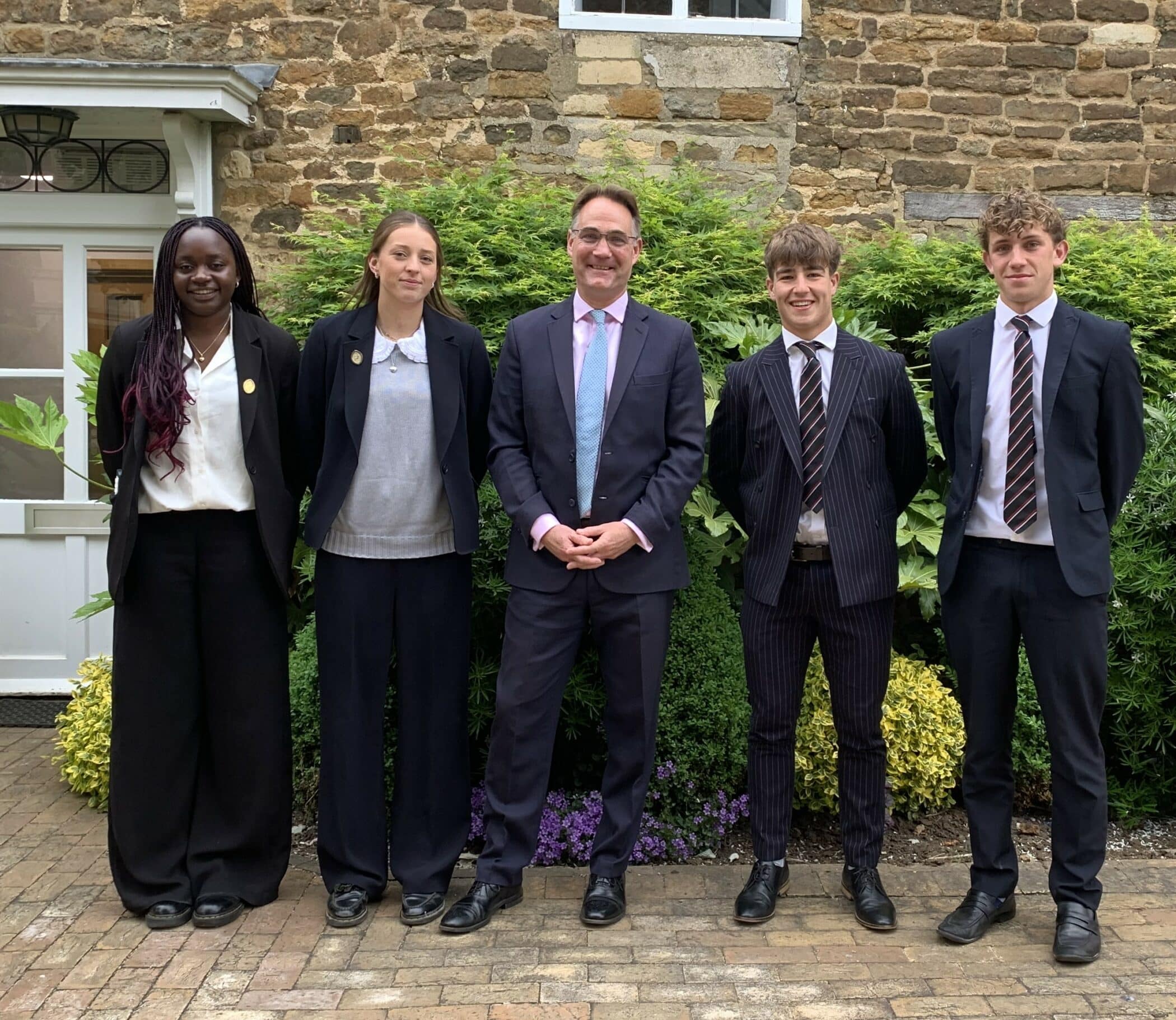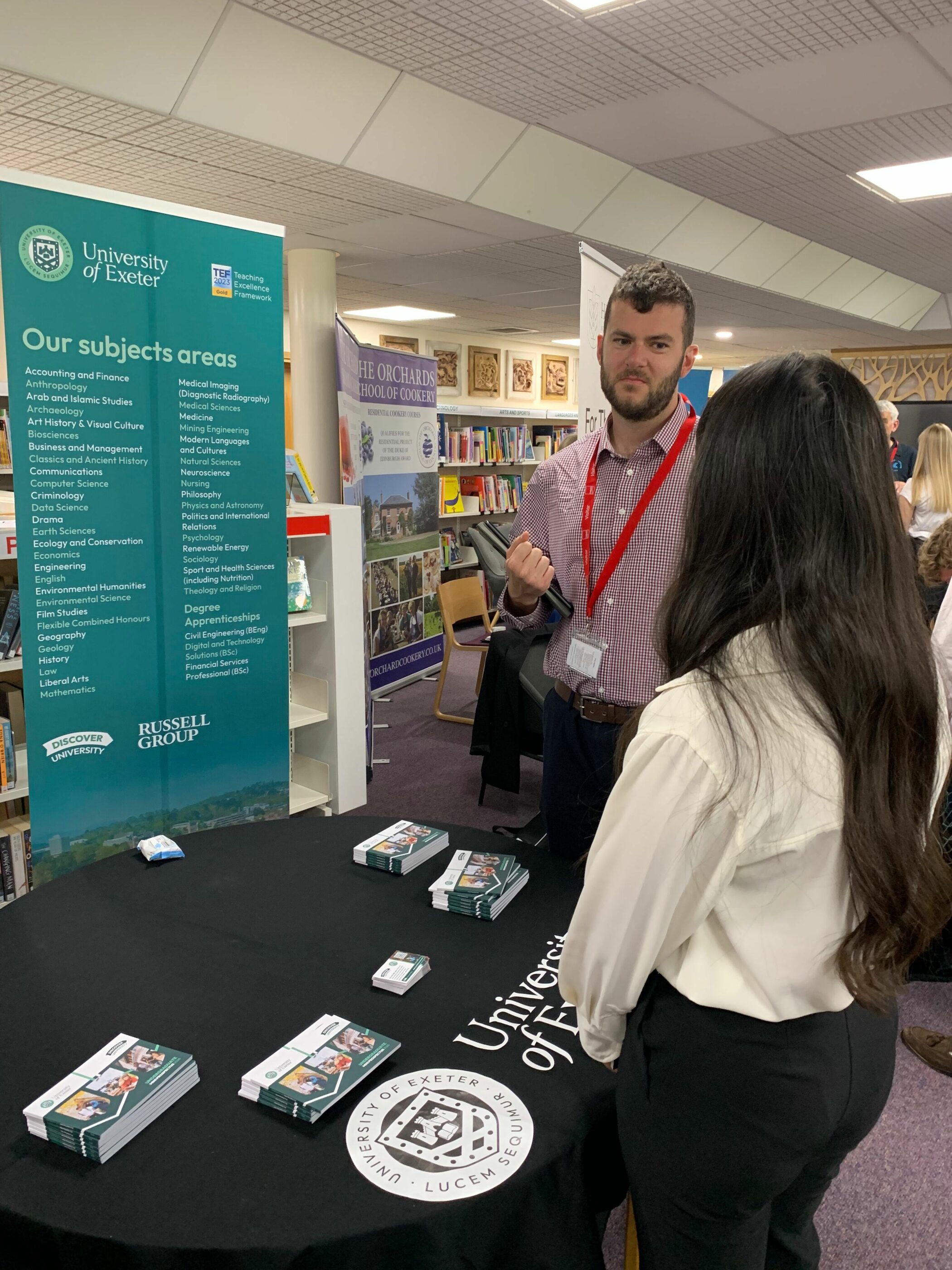The proliferation of Politics
Whilst Aristotle asserted that ‘man is by nature a political animal’, at Oakham we encourage all our students (both boys and girls), to be interested and engaged with Politics. One of the more positive outcomes of the current politically tempestuous climate is that students need less encouragement – they are becoming increasingly interested in Politics – both personally and academically. Today’s students are experiencing one of the most exciting periods of recent political history at home and abroad – before their very eyes they are seeing the subject they are studying shift and develop.
There are a number of different ways that pupils are encouraged to engage with Politics here at Oakham – both inside and outside of the classroom:
1. Starting early – pupils begin to engage with Politics in the Lower School through different subjects including Geography, History and Religion and Philosophy. Citizenship is also blended with PSHE during Form Time where pupils begin to learn how they can play a full part in society – as active and responsible citizens – and the moral dilemmas this can pose. They are encouraged to discuss and debate relevant issues – including political topics such as Brexit. Dedicated Citizenship lessons then begin in Form 3 where pupils are challenged with a varied curriculum that includes many aspects of Politics – such as how the law is made and administered: elections (both national and local) and the role of government and private citizens in the economy.
2. By taking part in our Mock Election – which the School endeavours to arrange each time the country goes to the vote. Each mock election begins with pupils standing up for nomination to the parties they would like to represent. These pupils then go on a ‘campaign trail’ – attending morning roll call hustings in Middle and Upper School Houses before all pupils are given the chance to vote.
3. Oakham is proud to be regarded as a leading Model United Nations (MUN) school. This activity, which is a simulation of the real UN, is the best activity that politically minded pupils can take part in, as it encourages a vast range of skills, including public speaking and debate, research skills, writing, organisational skills, diplomacy and persuasion. Oakhamians regularly travel across the world to attend conferences and they regularly enjoy success.
4. By joining one of the variety of enrichment talks the School regularly organises – recent talks include one from Lord Neuberger, the former President of the Supreme Court. Pupils are fortunate to be able to hear from, and ask questions to, some leading political figures – including the former Deputy Prime Minister – Sir David Lidington, as well as from people who are working hard ‘on the ground’ – with members of various NGOs visiting the School to talk about key contemporary issues.
5. Oakhamians can choose to study Politics at either A-level or for the IB Diploma – meaning that pupils can choose between two, quite different Politics courses. The International Baccalaureate course, ‘Global Politics’ allows pupils to develop an understanding of the local, national and international dimensions of political activity, as well as allowing them the opportunity to explore political issues affecting their own lives. The A-level Government and Politics course is a good choice for students who like debates and have a strong interest in UK and international current affairs – it provides pupils with a well-balanced grounding in Politics, covering issues such as the purpose of elections to the pressures on the Prime Minister.
Ultimately, studying politics is the study of power: how power is used and abused by our leaders, how power is distributed, and how decisions by those in power affect our lives. As the 21st century continues to unfold, political knowledge is fast becoming one of the most recognised subject areas that could be instrumental in addressing some of the major challenges facing the country.
We hope that by engaging with politics, in a variety of ways during their time at Oakham, pupils will have both a good grounding in political knowledge, but also, more importantly, an awareness and engagement in politics nationally and internationally.





